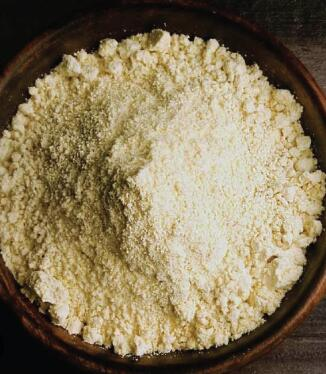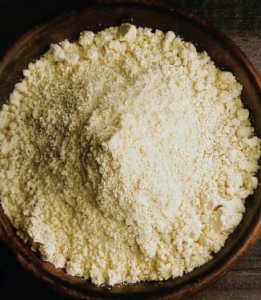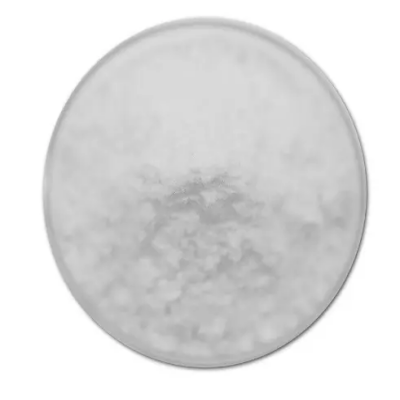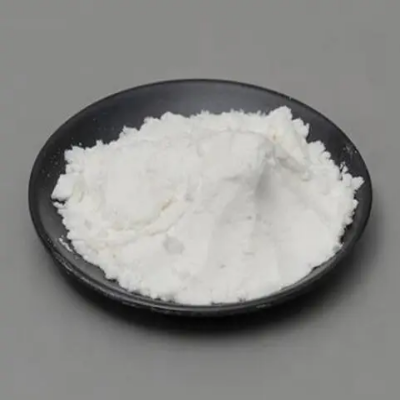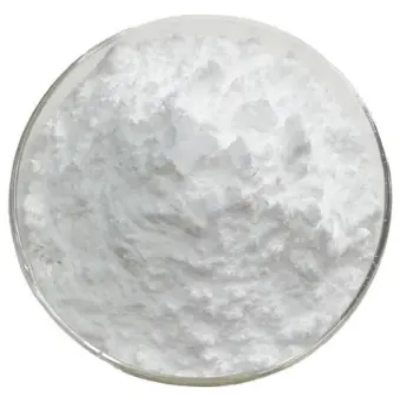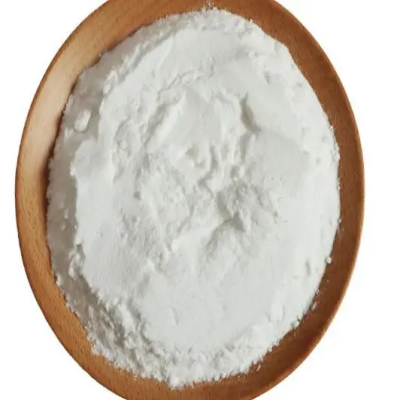Acetylcholinesterase CAS:9000-81-1
The anticholinesterase effect refers to the ability of certain drugs or chemicals to inhibit the activity of the enzyme acetylcholinesterase. Acetylcholinesterase is responsible for breaking down the neurotransmitter acetylcholine in the body. By inhibiting this enzyme, anticholinesterases increase the levels of acetylcholine, leading to increased cholinergic activity.
The primary application of anticholinesterases is in the treatment of conditions characterized by decreased cholinergic activity. These include neurological disorders such as Alzheimer's disease and myasthenia gravis. In Alzheimer's disease, anticholinesterases like donepezil, rivastigmine, and galantamine are used to inhibit the breakdown of acetylcholine and enhance cholinergic neurotransmission. This can help improve cognitive function and potentially slow down the progression of the disease.
In myasthenia gravis, anticholinesterases like neostigmine and pyridostigmine are used to enhance neuromuscular transmission. These drugs inhibit acetylcholinesterase and increase levels of acetylcholine at the neuromuscular junction, improving muscle strength and reducing muscle weakness.
Anticholinesterases also have diagnostic and therapeutic applications in cases of anticholinergic poisoning. Anticholinergic compounds, such as certain insecticides or nerve agents, can cause excessive cholinergic blockade leading to symptoms like confusion, rapid heartbeat, dry mouth, and blurred vision. In such cases, anticholinesterases like pralidoxime can be used to reverse the effects by increasing acetylcholine levels and competing with the toxic substances.
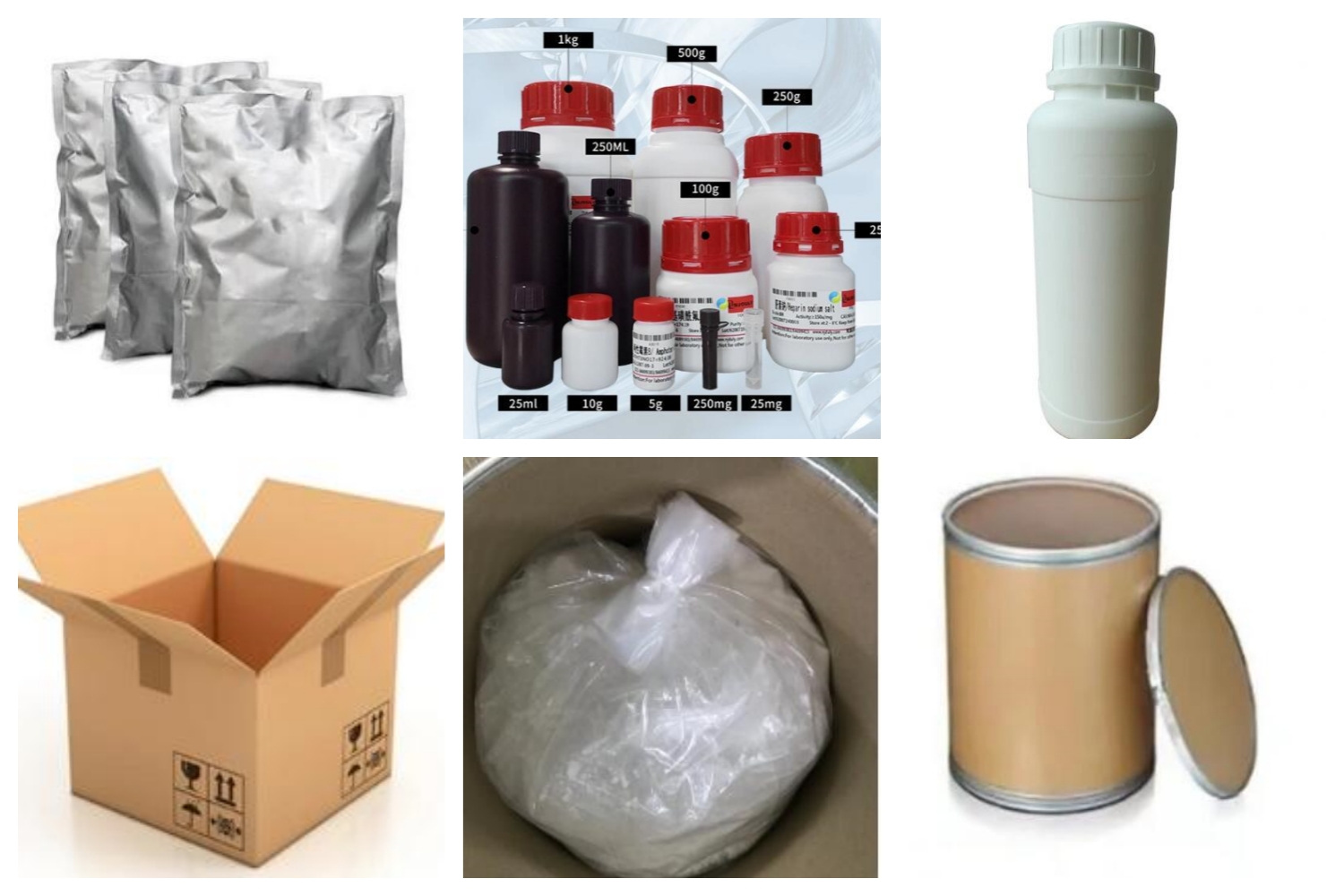
| Composition | N.A. |
| Assay | 99% |
| Appearance | Light yellow powder |
| CAS No. | 9000-81-1 |
| Packing | Small and bulk |
| Shelf Life | 2 years |
| Storage | Store in cool and dry area |
| Certification | ISO. |


